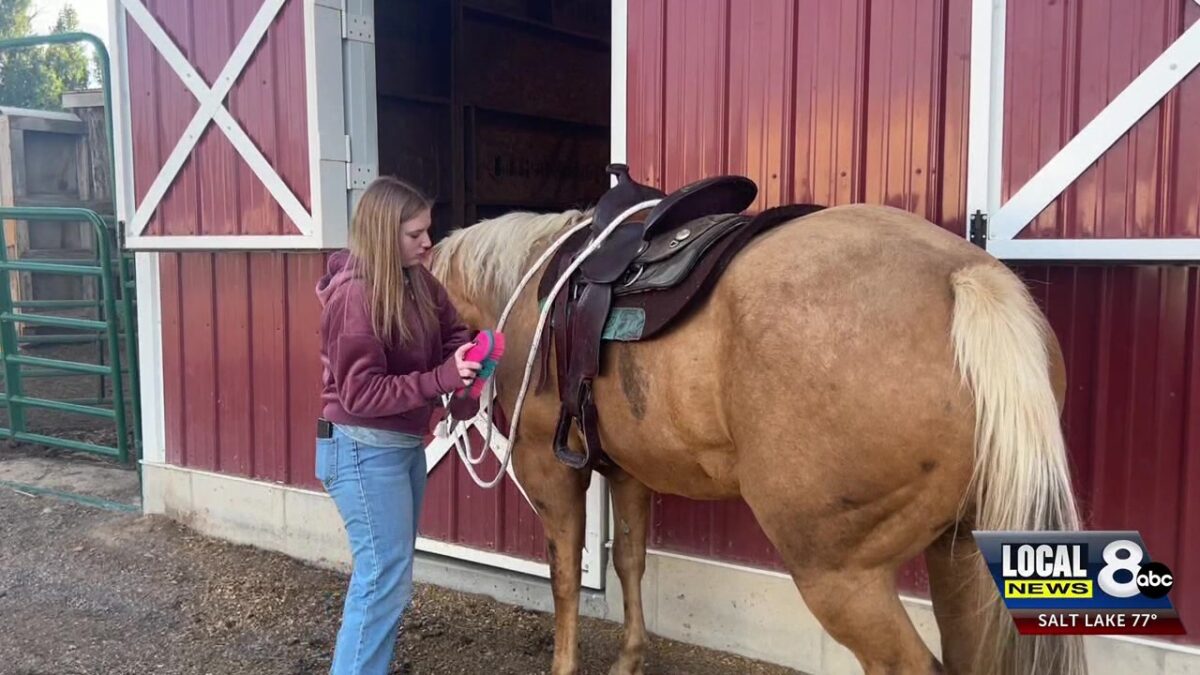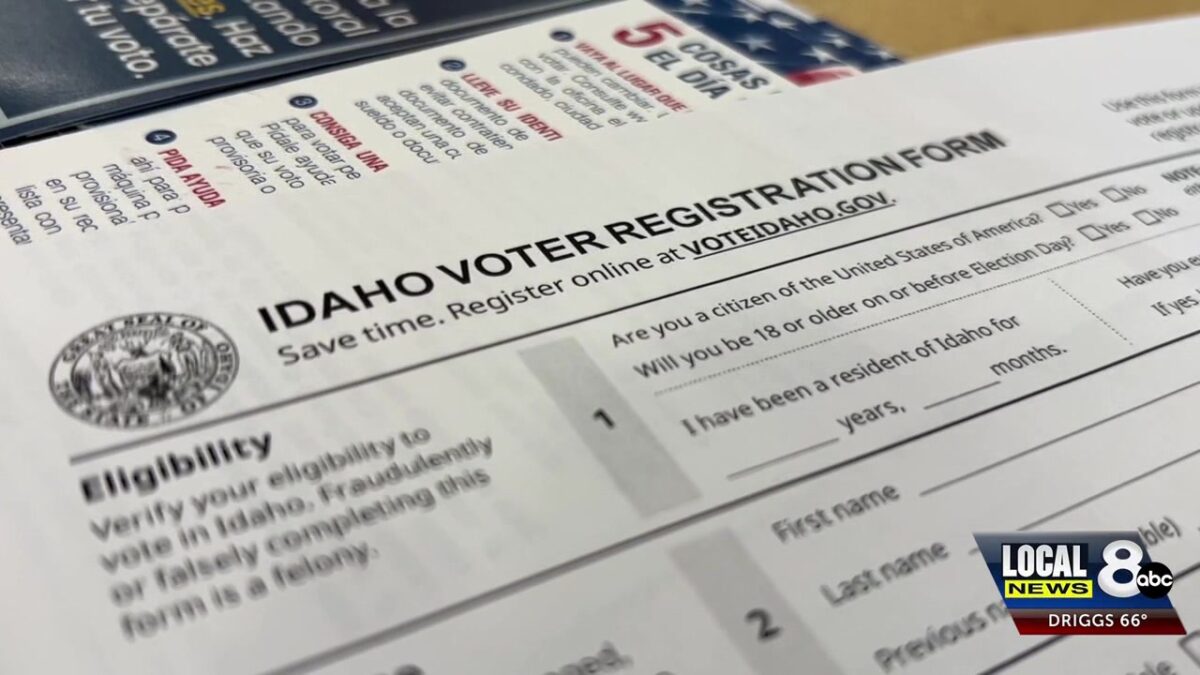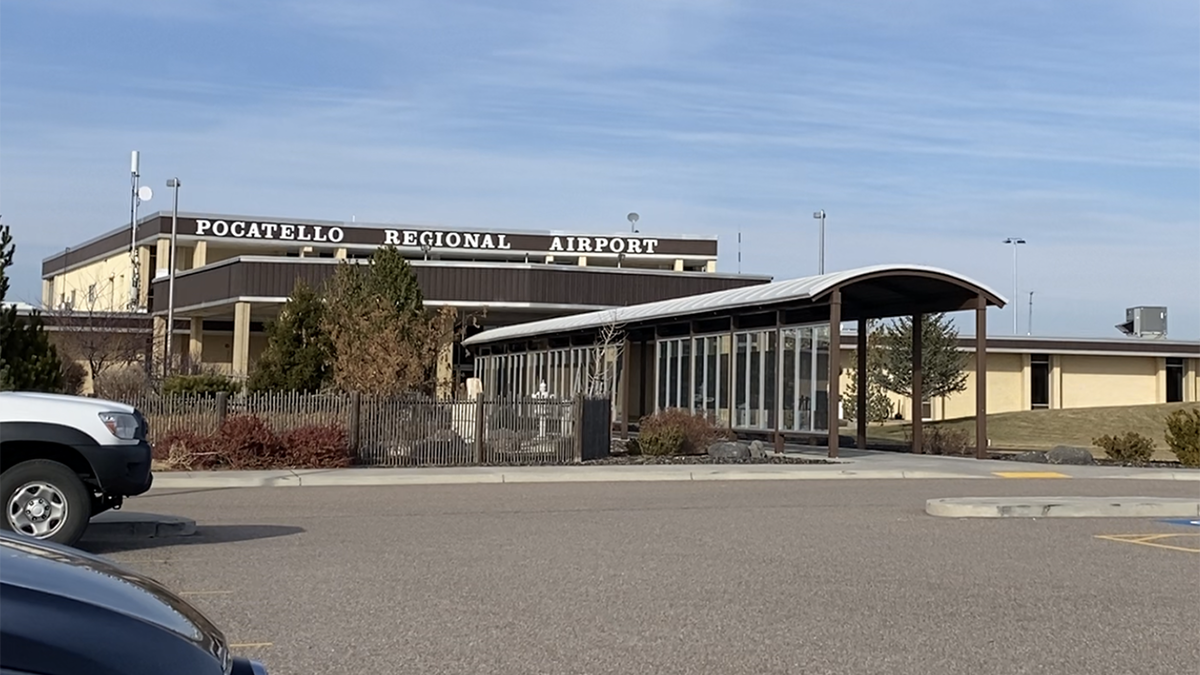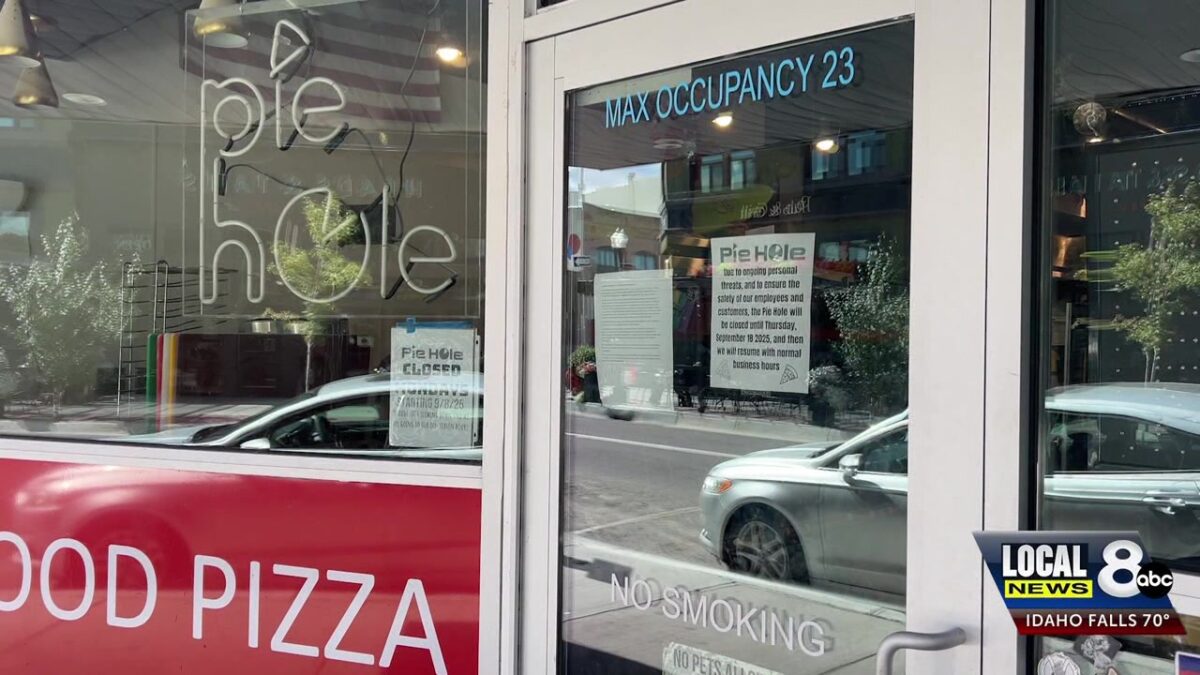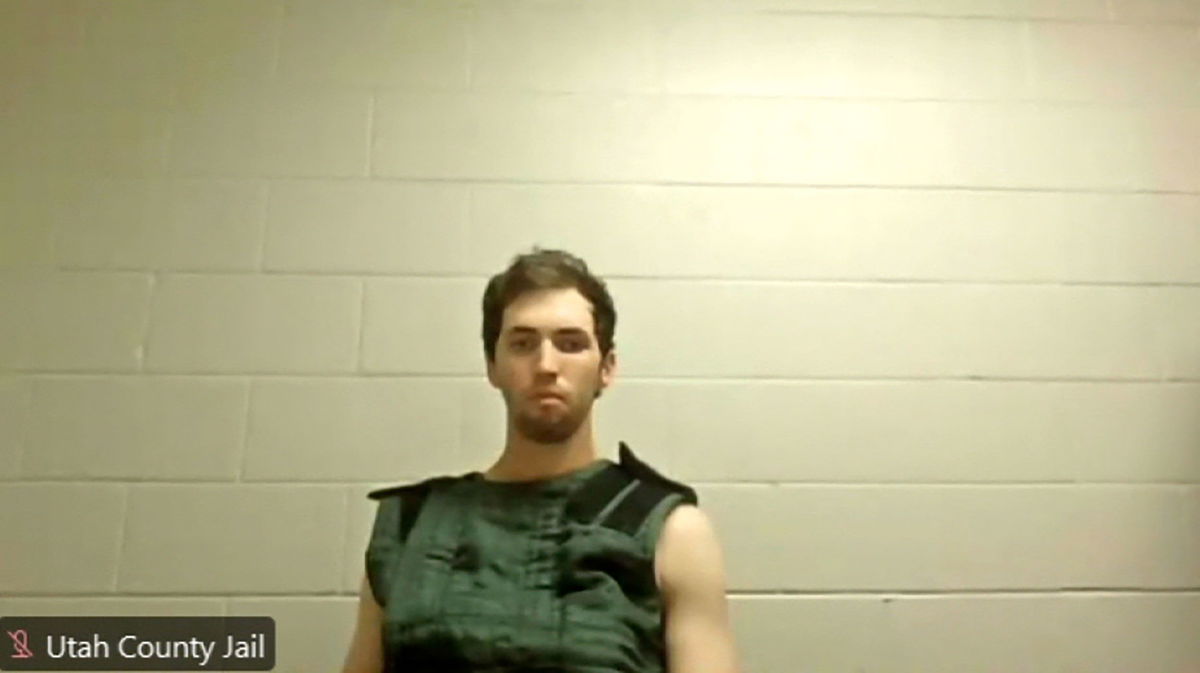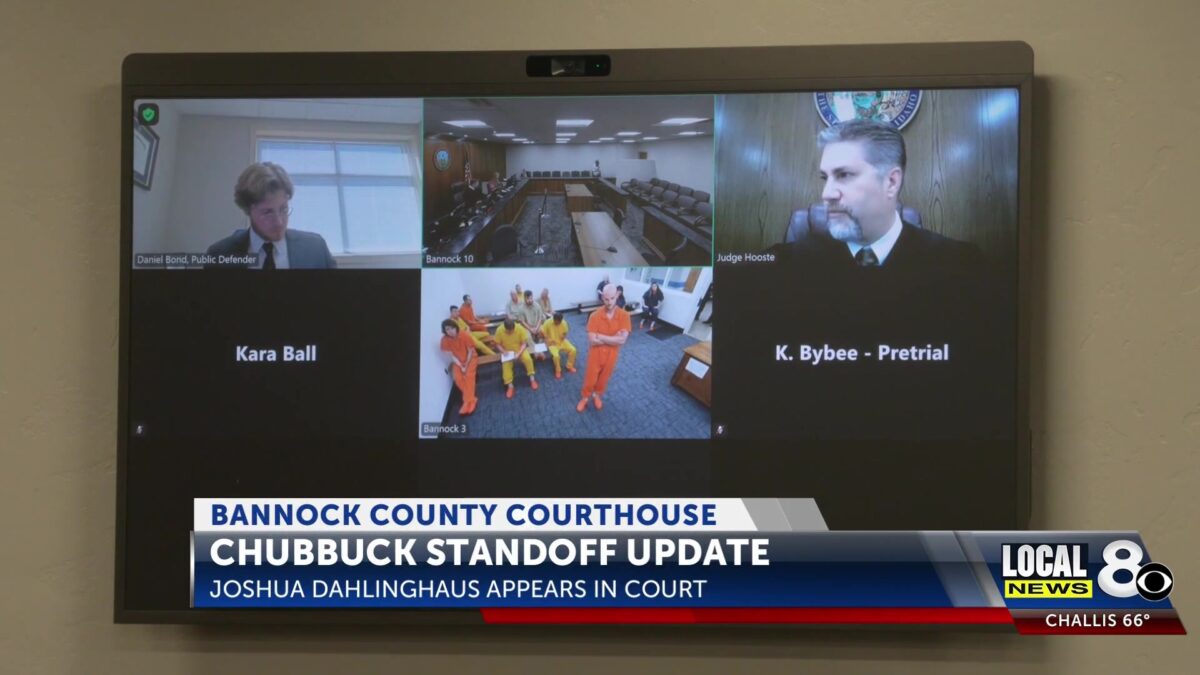CNN
CNN
By Tricia Escobedo, CNN
(CNN) — Robert Redford, the dashing actor and Oscar-winning director who eschewed his status as a Hollywood leading man to champion causes close to his heart, has died, according to his publicist Cindi Berger, Chairman and CEO of Rogers and Cowan PMK.
He was 89.
“Robert Redford passed away on September 16, 2025, at his home at Sundance in the mountains of Utah–the place he loved, surrounded by those he loved. He will be missed greatly,” Berger said in a statement to CNN. “The family requests privacy.”
Known for his starring roles in “Butch Cassidy and the Sundance Kid” and “All the President’s Men,” Redford also directed award-winning films such as “Ordinary People” and “A River Runs Through It.”
His passion for the art of filmmaking led to his creation of the Sundance Institute, a nonprofit that supports independent film and theater and is known for its annual Sundance Film Festival.
Redford was also a dedicated environmentalist, moving to Utah in 1961 and leading efforts to preserve the natural landscape of the state and the American West.
Redford acted well into his later years, reuniting with Jane Fonda in the 2017 Netflix film “Our Souls at Night.” The following year, he starred in “The Old Man & the Gun” at age 82, a film he said would be his last – although he said he would not consider retiring.
“To me, retirement means stopping something or quitting something,” he told CBS Sunday Morning in 2018. “There’s this life to lead, why not live it as much as you can as long as you can?”
In October 2020, Redford voiced his concern about the lack of focus on climate change in the midst of devastating wildfires in the western United States, in an opinion piece he wrote for CNN.
That same month, Redford’s 58-year-old son died from cancer.
David James Redford – the third of four children born to Robert Redford and former wife Lola Van Wagenen – had followed in his father’s footsteps as an activist, filmmaker and philanthropist.
A restless youth
Born in Santa Monica, California, near Los Angeles, in 1936, Redford’s father worked long hours as a milkman and an accountant, later moving the family to a larger home in nearby Van Nuys.
“I didn’t see him much,” Redford recalled of his father, on “Inside the Actor’s Studio” in 2005.
Because his family couldn’t afford a babysitter, Redford spent hours in the children’s section at the local library where he became fascinated with books on Greek and Roman mythology.
Yet Redford was hardly a model student.
“I had no patience … I was not inspired,” Redford recalled. “It was more interesting to me to mess around and to adventure beyond the parameters that I was growing up in.”
Drawn to arts and sports – and a life outside of sprawling Los Angeles – Redford earned a scholarship to play baseball at the University of Colorado at Boulder in 1955. That same year, his mother died.
“She was very young, she wasn’t even 40,” he said.
Redford said his mother was “always very supportive (of my career)” — more so than his dad.
“My father came of age during the Depression and he was afraid to take chances … so he wanted the straight and narrow path for me, which I was just not meant to be on,” he said. “My mother, no matter what I did, she was always forgiving and supportive and felt that I could do anything.
“When I left and went to Colorado and she died, I realized I never had a chance to thank her.”
Redford soon turned to drinking, lost his scholarship and eventually was asked to leave the university. He worked as a “roustabout” for the Standard Oil Company and saved his earnings to continue his art studies in Europe.
“(I) lived hand to mouth, but that was fine,” Redford said of his time in Europe. “I wanted that adventure. I wanted the experience of seeing what other cultures were like.”
A star is born
When he returned to the US, Redford began studying theater at the American Academy of Dramatic Arts in New York City.
Shy and closed off, Redford said he didn’t fit in with the other drama students who were eager to show off their acting skills. After a performance in front of his class with a fellow student that ended in frustration and disaster, Redford said his teacher pulled him aside and encouraged him to stick with acting.
In 1959, Redford graduated from the academy and got his first acting role on an episode of “Perry Mason.” His acting career was “uphill from there,” he said.
His big acting break came in 1963, when he starred in Neil Simon’s “Barefoot in the Park” on Broadway – a role he would later reprise on the big screen with Jane Fonda.
Around this time, Redford married Lola Van Wagenen and started a family. His first child, Scott, died from sudden infant death syndrome just a few months after his birth in 1959. Shauna was born in 1960, David in 1962, and Amy in 1970.
As his acting career was taking off, Redford and his family moved to Utah in 1961 where he bought two acres of land for just $500 and built a cabin himself.
“I discovered how important nature was in my life, and I wanted to be where nature was extreme and where I thought it could maybe be everlasting,” he told CNN.
Redford made a name for himself as a leading man in 1969 when he starred opposite Paul Newman – already a major star – in “Butch Cassidy and the Sundance Kid.” The Western about a pair of outlaws won four Academy Awards.
Redford said he “will forever be indebted” to Newman, whom he credited with helping him get the role. The two actors had great on-screen chemistry, became lifelong friends and reunited in “The Sting” in 1973, which won the Academy Award for best picture.
A reluctant leading man
Redford starred in a string of hit movies throughout the 1970s: “Jeremiah Johnson”; “The Way We Were,” co-starring Barbra Streisand; “The Great Gatsby”; and with Dustin Hoffman in 1976’s “All The President’s Men,” about the Watergate scandal.
Teaming up with director Sydney Pollack on “Jeremiah Johnson,” Redford fought with the studio to get the film made the way he wanted – a precursor to his career as a director and his support for independent filmmaking.
“It was a battle from the get-go,” Redford told “Inside The Actor’s Studio.” “They (the studio) said … ‘You’ve got $4 million, put it in the bank in Salt Lake City, you can shoot wherever you want, but that’s it. If it goes over, it comes out of your hide.’”
With spare dialogue and stunning scenery, the film tells the story of a Mexican War veteran who has left the battlefield to survive as a trapper in the American West.
It was released more than three years after it was made because, according to Redford, the studio’s sales chief thought the film was “so unusual” that it wouldn’t find an audience.
“Jeremiah Johnson” ended up grossing nearly $45 million. It wasn’t the only time Redford’s passion for the art of filmmaking put him at odds with the studios that funded his work.
“The sad thing you have to work against, as a filmmaker, is held opinions about what works or doesn’t work,” Redford said. “Sports movies don’t work, political movies don’t work, movies about the press don’t work – so I’ve done three of them.”
Redford made his directing debut in 1980 with “Ordinary People,” a drama about an unhappy suburban family which earned the Academy Award for Best Picture and another one for him as best director. He continued starring in hit films such as “The Natural” in 1984, which tapped into his passion for baseball, and 1993’s “An Indecent Proposal,” which paired him with a much younger Demi Moore.
He later directed the 1993 film “A River Runs Through It,” which won three Academy Awards, 1994’s “Quiz Show” and “The Horse Whisperer” in 1998, which he also starred in.
Ruggedly handsome, Redford was often cast as the romantic leading man in films such as “Out of Africa” in 1985, but he wasn’t always comfortable with the label and feared being typecast.
“I didn’t see myself the way others saw me and I was feeling kind of trapped because I couldn’t go outside the box of … good-looking leading man,” he said. “It was very flattering, but it was feeling restrictive … so it took many years to break loose of that.”
Redford and Van Wagenen divorced in 1985. He married artist Sibylle Szaggars Redford in 2009.
A lasting impact
Redford’s passion for the environment and independent filmmaking merged when he founded the Sundance Institute in 1981. The nonprofit supports “risk-taking and new voices in American film” as well as theater, and Redford’s Sundance resort in a canyon above Provo, Utah, hosts annual workshops for playwrights and screenwriters.
Each year Redford’s institute holds the Sundance Film Festival in Utah – the largest annual showcase in the United States for independent film. Many young filmmakers got their big breaks at Sundance, including Steven Soderbergh with “Sex, Lies, and Videotape” in 1989, Quentin Tarantino with “Reservoir Dogs” in 1992 and Ryan Coogler with 2013’s “Fruitvale Station.”
Redford’s lifelong impact on the film industry was recognized in 2002 with an honorary Oscar.
In his later years, Redford never lost his passion for storytelling through film and remained an outspoken champion of environmental causes. He frequently demurred when asked about retiring.
“I want to make the most of what I’ve been given,” Redford told CNN’s Christiane Amanpour in 2015. “You keep pushing yourself forward, you try new things and that’s invigorating.”
Redford is survived by his wife, daughters Shauna Redford Schlosser and Amy Redford, along with seven grandchildren.
The-CNN-Wire™ & © 2025 Cable News Network, Inc., a Warner Bros. Discovery Company. All rights reserved.
Click here to follow the original article.
